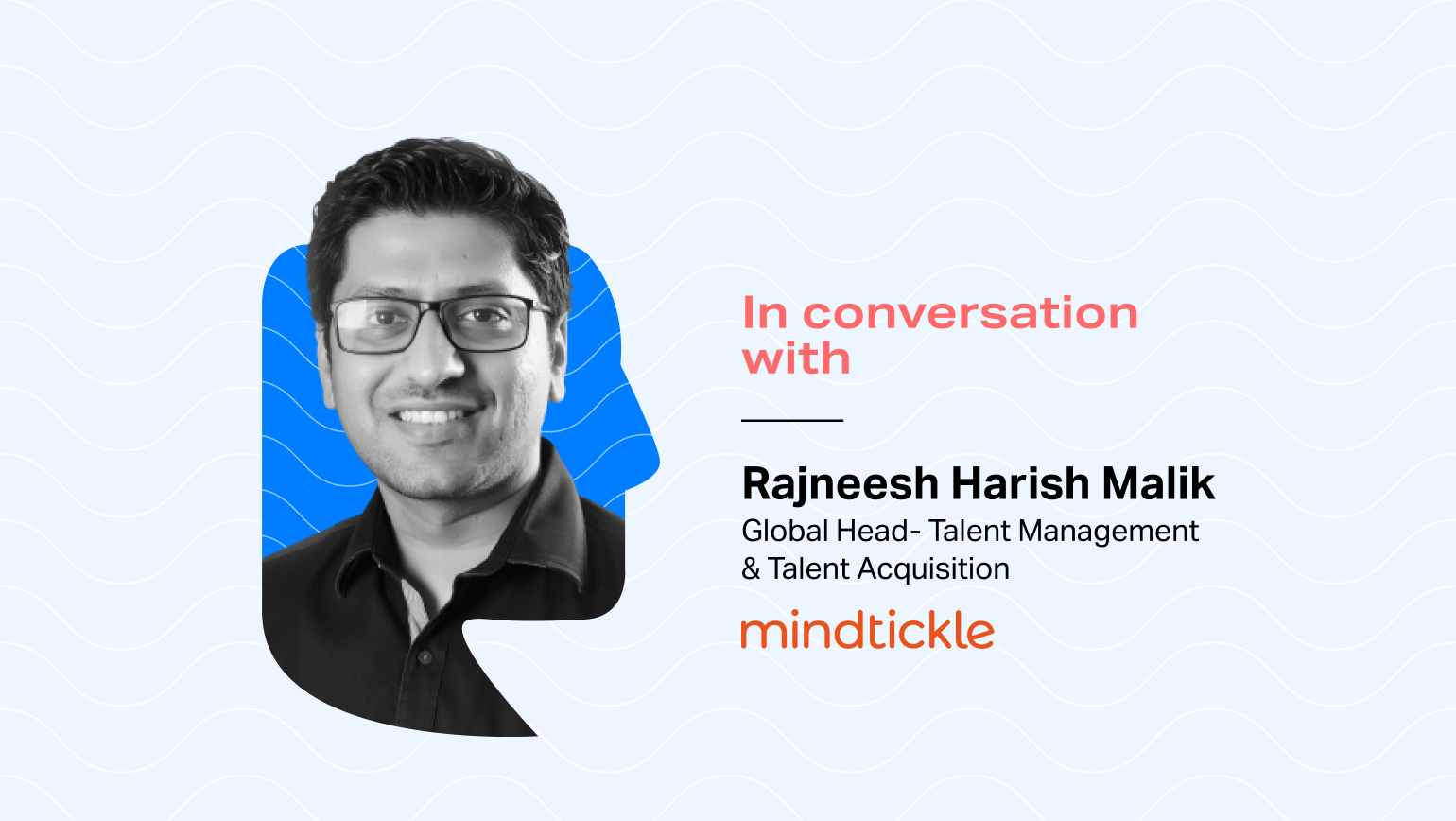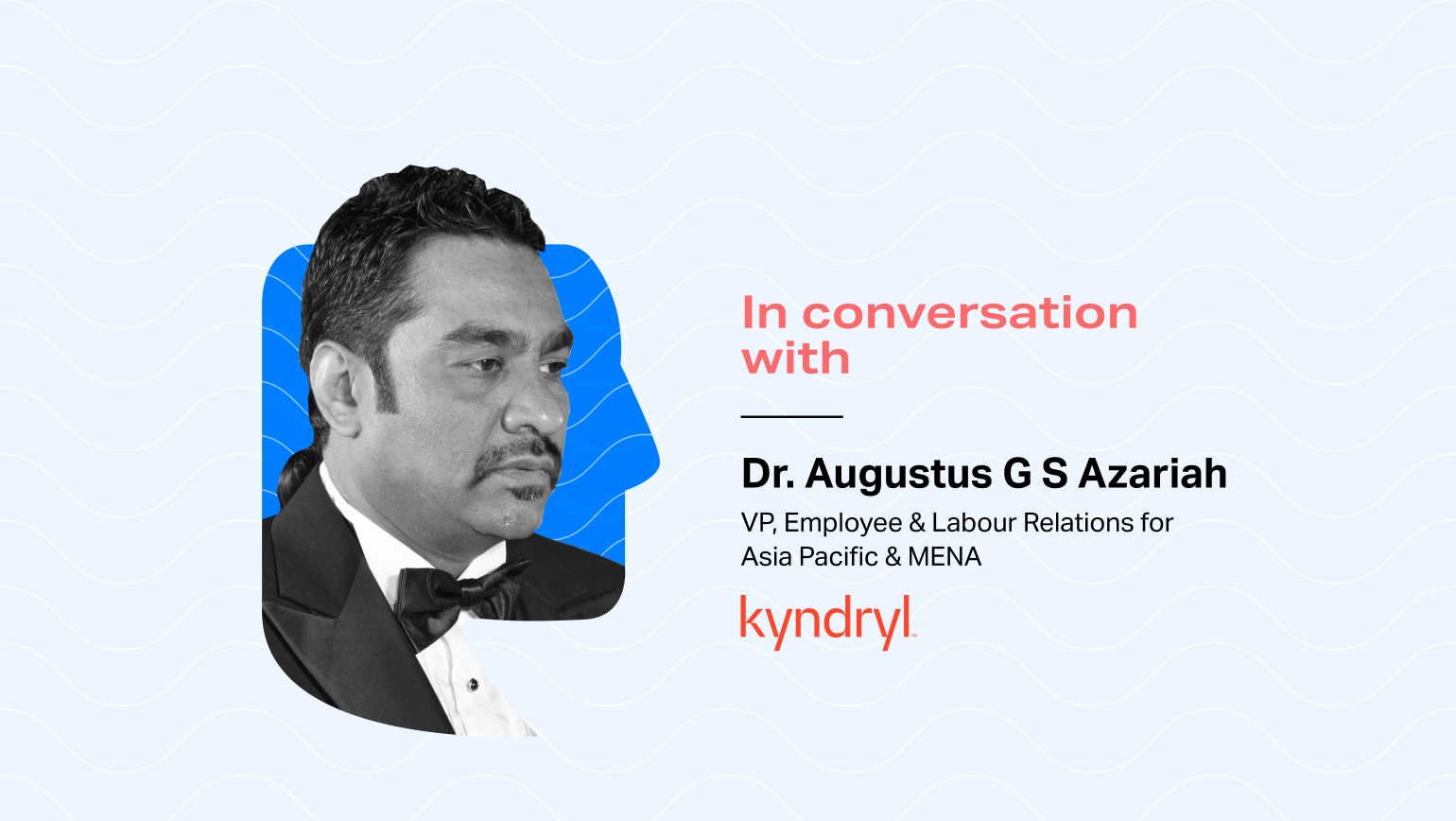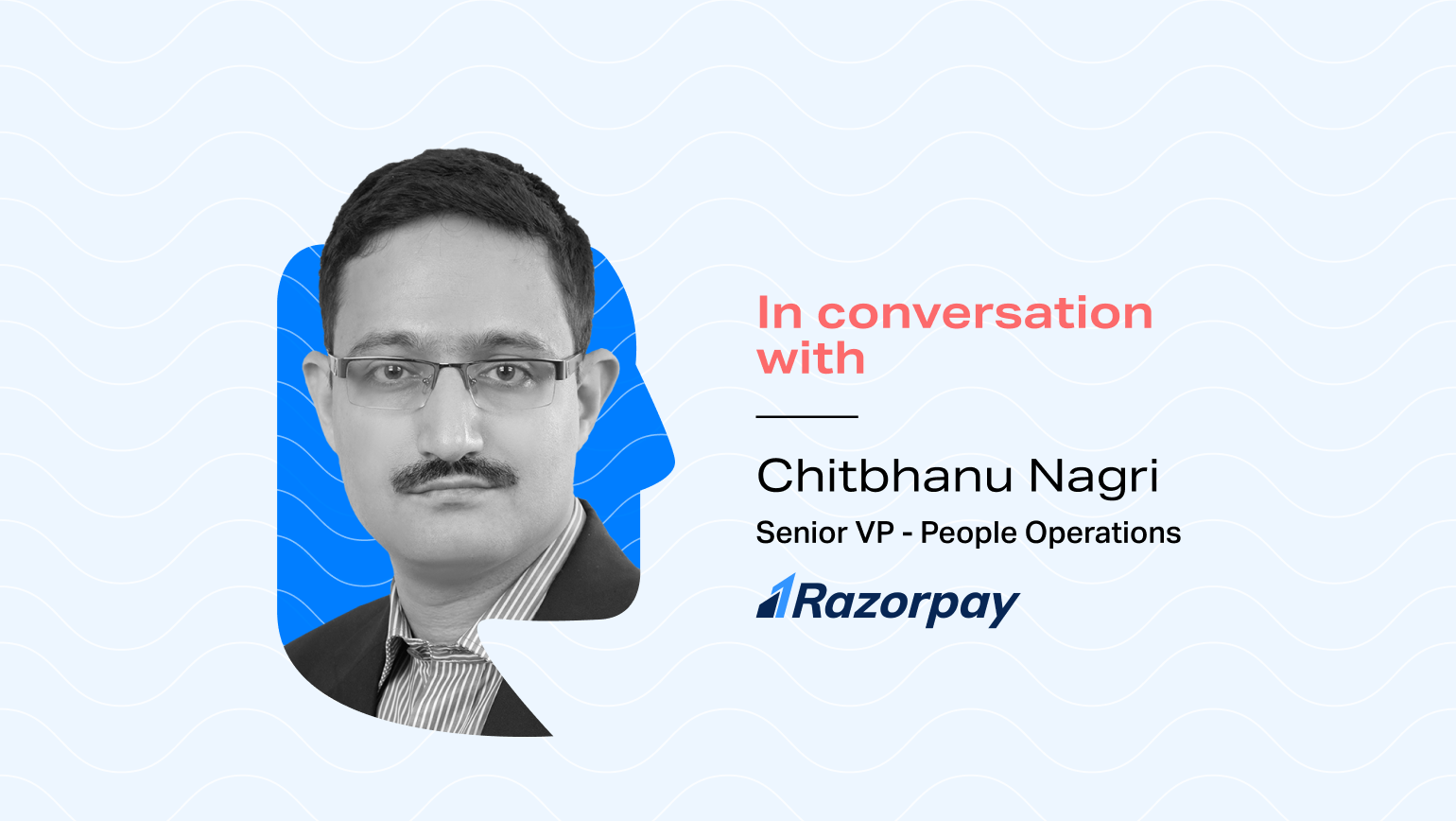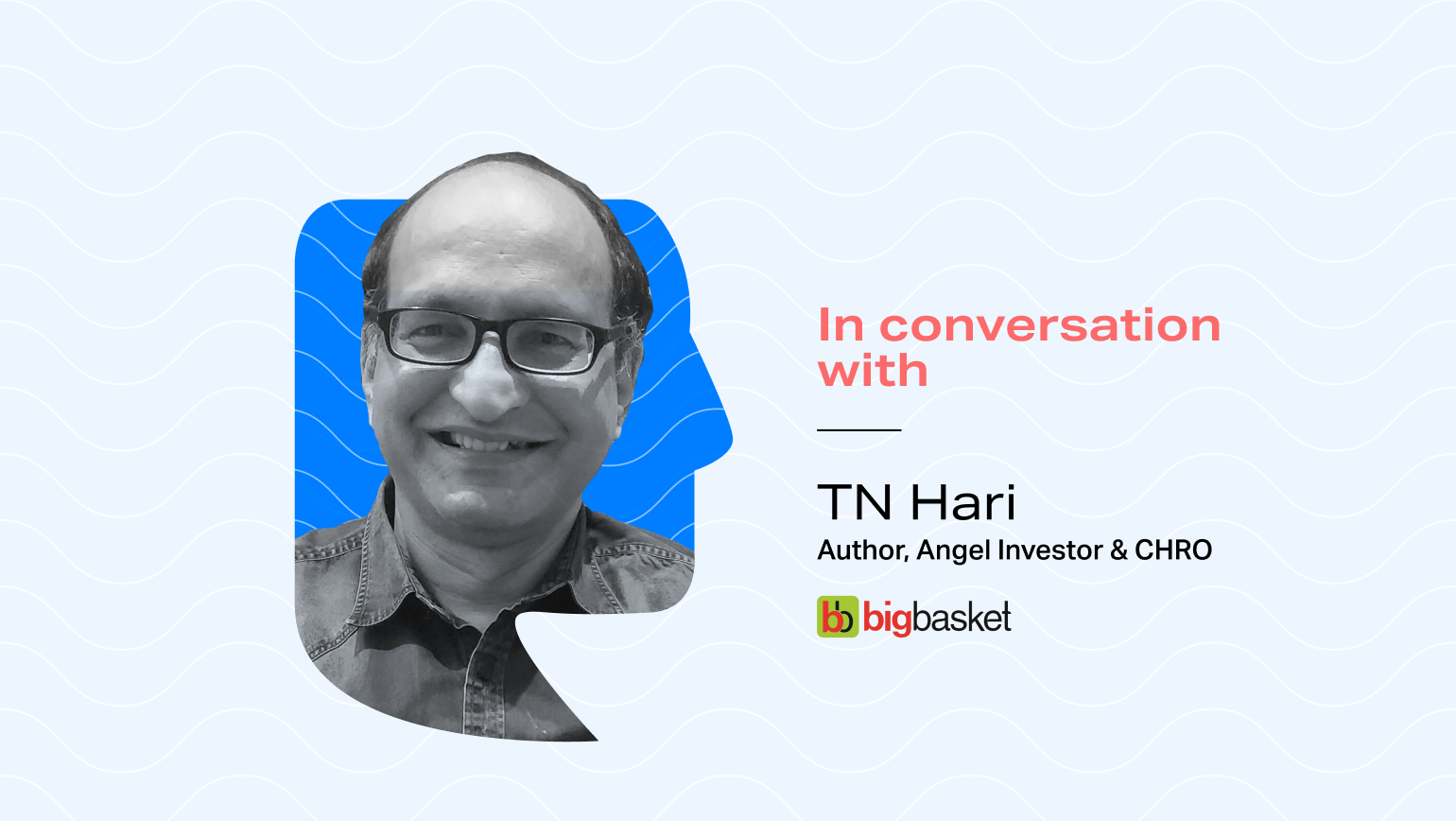 With Smita Gaur VP HR, Mswipe
With Smita Gaur VP HR, Mswipe
Key factors to consider while digitalization
In this episode she talks on the importance of Upskilling, the key objectives to look for when undergoing org-wise digitalization and more!
Transcript
Hi, Smitha. Welcome to Dialogue with Darwin. Thank you. Thank you so much for joining us today. So this is a series where we try to gather insights from leaders in the industry about how you think HR has evolved over the years. As part of the series, one thing that we wanted to pick your mind on is how do you think organizations have changed in the way they approach, uh, skilling today.
So, um, I think we're very technologically driven, uh, you know, economy. Initially it was, um, it was a have to skill. That means if a candidate wanted a job, he'd have to go through a certification. Hmm. And he had to, uh, you know, get a certification or maybe two certifications and put that in his, you know, candidate application.
However, now I find that the, uh, the, the, the candidates or the, you know, the, uh, the generation, uh, is more, is interested in learning more and more. And it's, there's no such thing as less is more in Skilling. It's easy to learn. Um, you know, several other languages as long as you have the logical reasoning in you.
Constantly looking at upskilling themselves. Right. Interesting to know. And you mentioned, um, you know, um, Leading, uh, HR, uh, function within a technology firm. right. Uh, Digitalization is definitely something that's a hard topic for, right. Your organization. Right. As well as for the industry today. Right. Right. What do you think is the biggest objective with which organizations are approaching technology?
So, because there's so much competition, whichever industry you may be in. Right. Naturally, if it's a hot selling business, everybody's gonna be in it. Right. So there'll always be competition. And therefore digitalization has to be looked at from two aspects, the speed in which it, you know, uh, gets into an actionable stage and, uh, the agility. So, whether it's, you know, whether a customer is using it or whether an internal employee is using it, you know, uh, it's speed and agility. These are the two areas that I would say that business looks at.
Really interesting to learn from your insights, uh, as part of the series, we also want to learn a bit about the personal evolution that you've gone through and not just about how the industry evolved, right? Sure. So from the day you've started your career. How do you think, uh, what do you think is one area where you've changed?
Where I have changed? Ah, so I started my career way back in ‘95. Okay. At that time it was a very directive approach, which means, this needs to be done and, you know, people follow. Now the way I have seen things change, there's a lot more, two way comm., there's a lot more meaning there's no negotiation. There's a two way. There's always a two way communication. And as a result, if you have, uh, as a leader or as an HR person at any level at a senior level, there's a lot of listening that you have to do also with a younger generation. Yeah. So. It's never one way communication. And that's how I have to see myself also.
So, uh, to know more about you mm-hmm I think we also want to do a small, rapid fire. Right where we just ask you three, uh, two, four quick questions. Mm-hmm uh, we want you to take not more than 10 seconds to answer so that you're not thinking the second answer about it.
All right. Okay. The first question is what is your favorite hangout place at work? The cafeteria. Okay. I so wanted to say except cafeteria okay. The corridor okay. That's the second most popular answer.
The other question is what is one book you would recommend? Any of your team members to read? So. Seven habits of highly effective people.
What is one quality about a team member that you will always admire? So it comes with attitude, just helping out, reaching out to others and being mindful. Okay. Okay. Interesting.
If you have to rename the function, HR, what would you call it? Employee connect. Okay.
Um, the last one, any resolutions for 2020, probably kind of write down my, uh, everyday, uh, you know, reflections at the workplace. Mm-hmm interesting. Thank you so much for sharing a bit about you and a bit about what you have observed in the industry. It's a pleasure hosting you. Thank you. Thank you.
Nominate Myself
Nominate Someone Else
Your Sunday Watchlist
 With Rajneesh Malik
With Rajneesh Malik
Global Head- Talent Management & Talent Acquisition, MindTickle
In this interview, he talks about various aspects of organizational culture, hiring, his views on the importance of putting people at the heart of the business, and much more.
 With Augustus Azariah
With Augustus Azariah
Employee & Labor Relations Leader at Kyndryl
Listen to his insights on the ‘Future of Work,’ that much-debated topic – hybrid work, talent management and much more.
 With Chitbhanu Nagri
With Chitbhanu Nagri
Sr VP of People Operations at Razorpay
Listen to his insights on organizational culture, talent retention, and some learnings from his current role at Razorpay.
 With Priya Chakravarty
With Priya Chakravarty
Sr Director HR in Essar Capital
Listen to her insights on managing a distributed and diverse workforce in the hybrid work setup, and some interesting HR initiatives at Essar Capital.






